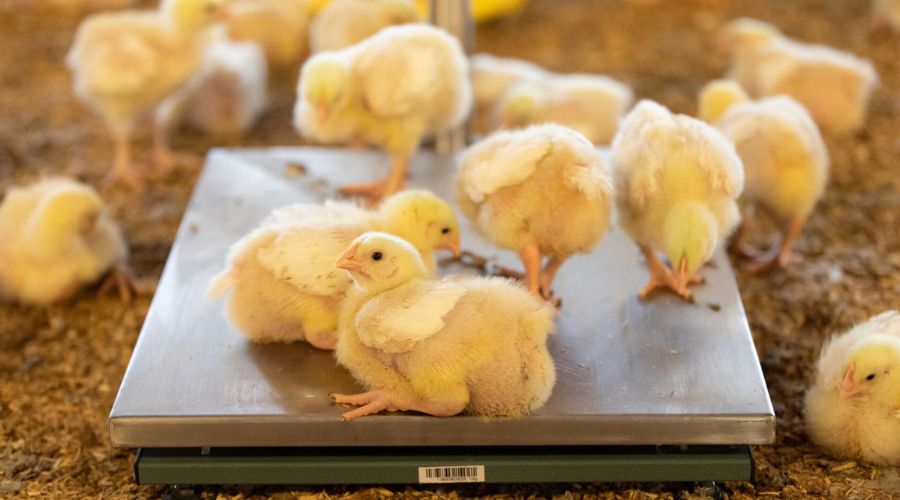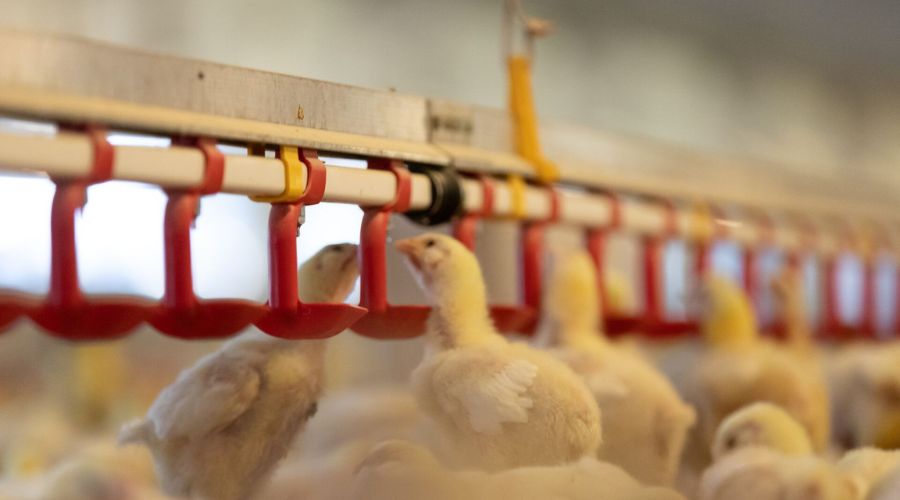Real-time monitoring systems could save poultry producers thousands as temperatures rise, expert says
28th June 2024
Broiler producers are being urged to focus on heat stress in birds as temperatures increase to avoid the costly impacts on bird health, welfare and performance.

SenseHub Poultry’s insights consultant, Michael McCreesh, explained that with extreme weather events, such as heatwaves, occurring more frequently, heat stress is a rising threat to poultry farmers across the UK.
“A major heat stress event two years ago led to over one million bird deaths in a single day. In today’s terms, this could represent millions of pounds in potential market value, not to mention the untold impact on bird health, welfare, and performance,” he said.
Monitoring environmental conditions

Mr McCreesh added that in these types of scenarios, investing in technology could pay dividends, providing producers with a warning system that enables early actions to be taken before heat stress reaches a critical level.
“SenseHub Poultry uses a network of sensors throughout poultry sheds to continuously monitor environmental conditions like temperature and humidity.
“It also tracks key indicators of bird health and stress, such as water intake, live weight gain, and activity levels.”
Minimising impact of hot weather
When a bird is experiencing heat stress, its water intake can increase by two to four times the normal amount as it resorts to evaporative cooling through excessive panting.
At the same time, weight gain will decrease and activity levels will reduce as the bird focuses its energy on cooling down.

“Combining the real-time data being fed in through the sensors allows producers to build a picture that helps detect when birds may start to be affected by rising shed temperatures.
“This insight allows action to be taken immediately to reduce the impact of heat stress on birds,” Mr McCreesh concluded.
In preparation for hot weather, farmers can take steps to minimise its impact by adding electrolytes to drinking water or altering feeding patterns so the birds eat more outside of the temperature spikes during the day, such as during the night or early morning.
Read more livestock news.


